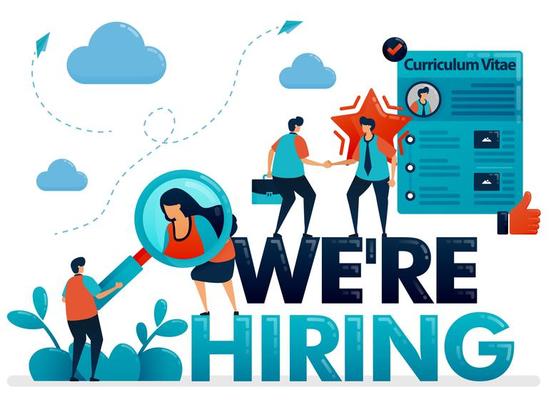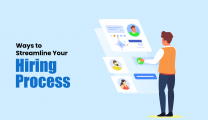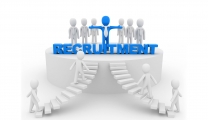After all, as an interviewer and company representative, you must have a gift for someone who is currently in a career transition or is expecting a greater responsibility in their career. Your knowledge, experience, and experience can take a lot of time and effort to assess a candidate's potential for an organization – and encourage these individuals to grow and develop in the future and their career.
Interview questions reveal more than that
The first important thing to understand is to know the real person behind the surface of the interview answers. Does it come from the candidate's heart and mind? You should know that you'll come across candidates starting with something like, "Oh, normally I wouldn't say these things in an interview but,...". At that point, you can breathe a sigh of relief that you're talking to the candidate for who he really is, not just a cover-up of the hype. And doing it quickly isn't as hard as you might think, even when meeting someone for the first time. It's just a matter of seeing their needs as well as your own.
Open the interview with a general statement like: “Tell me a little bit about your work experience, and what led you to the most recent position at XYZ Company.”
Next, emphasize the personal reasons why they left XYZ. Be sure to distinguish between non-personal reasons (fired, contract expiration, etc.) and personal reasons (wanting to explore new opportunities).
Continue asking questions about your reasons for leaving your current job and lead to open-ended questions about career development such as: “At this point in your career, what are your criteria for choosing a job? new job or new company where you want to work?”
With the first answer to this question, you can ask the 4 biggest questions about career progression and job change:
“Please tell me the first 2 priorities you emphasize at this point in your career. Are you hoping for more for:
– More responsibility and maturity
– Understanding more relevant issues in a specific area of your field
– Create a work-life balance
– Benefits and perks of the job
These 4 are important, but 1 or 2 of these are more important to you at this time?
Most generally, it will make candidates talk about their own personal professional values. There isn't a book on interview preparation in the world that can cover all of the interview questions that happen - when everything is exposed will know who they really are.

Interview questions provide an opportunity for discussion
Continue the open interview by asking: “If you were selected for this position at our company, what would you do to become a core employee in the next 5 years? In what ways will your work create a bridge to your future career?
Note the genuine interest in the candidate in this question. It requires that each individual fit the pieces of their career development puzzle, right here in front of you.
Overturning questions and future projections can help you see the eligibility and career value of each individual applying to your company. Here's an example: “I really like your professional experience. However, I am a little concerned that as a superior candidate, would you agree to add a title and oversee a smaller team at your current company, out of favor? I know…"
This is a series of questions that will open the door to the negotiable relationship you seek to develop. Candidates will walk away thinking, “Oh, I have never interviewed with a company that is so interested in me and what I want.”
Straightforward, simple and selfless – It makes the interview easier as you share ideas and focus on the needs of both the company and the candidate.
Essentially, you'll be converting the employee development model into the pre-employment stage. More than a witty game, if you change your recruitment strategy you will win approval and loyalty. It also helps to nurture your employees and create a lot of momentum for your own career.












Replies to This Discussion